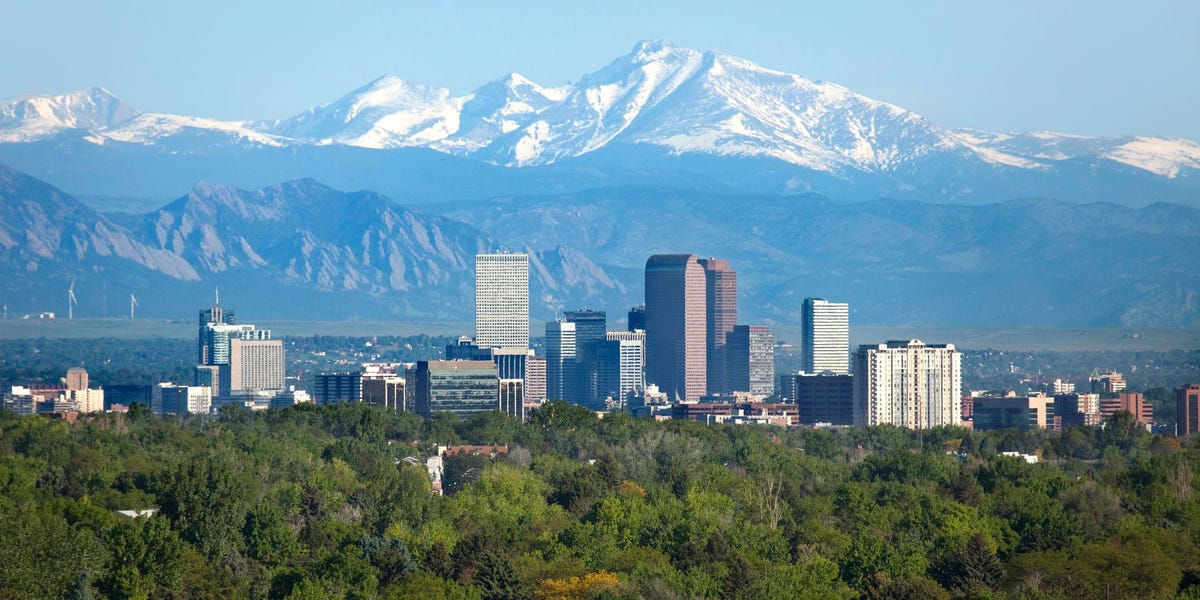Denver’s basic income pilot — which first started payments in fall 2022 — focused on over 800 Coloradans experiencing homelessness, including people living in cars, temporary shelters, the outdoors, or other non-fixed living situations. Participants like Laws were given direct cash payments, no strings attached, and could spend the money on whatever they needed.
Denver released the project’s one-year report on June 18, showing that 45% of participants secured their own house or apartment after receiving basic income for 10 months. They also experienced fewer emergency room visits, nights spent in a hospital or a temporary shelter, and jail stays. The report estimates that this reduction in public service use saved the city $589,214.



To your good point about the city potentially recouping expenses through tax revenue, growing Denver’s tax base doesn’t appear to an objective of this program, as 55% of recipients did not appear to use the money to help themselves get legally eligible for jobs, i.e. you need a legal address to receive paper mail to get on a payroll in the US, because employers want it to put down on the paperwork for taxes. Employers want to please the IRS more than they want to hire you, unfortunately for a person without an address on record. It DOES NOT mean they didn’t get jobs. It just means that if they did, they are under the table jobs.